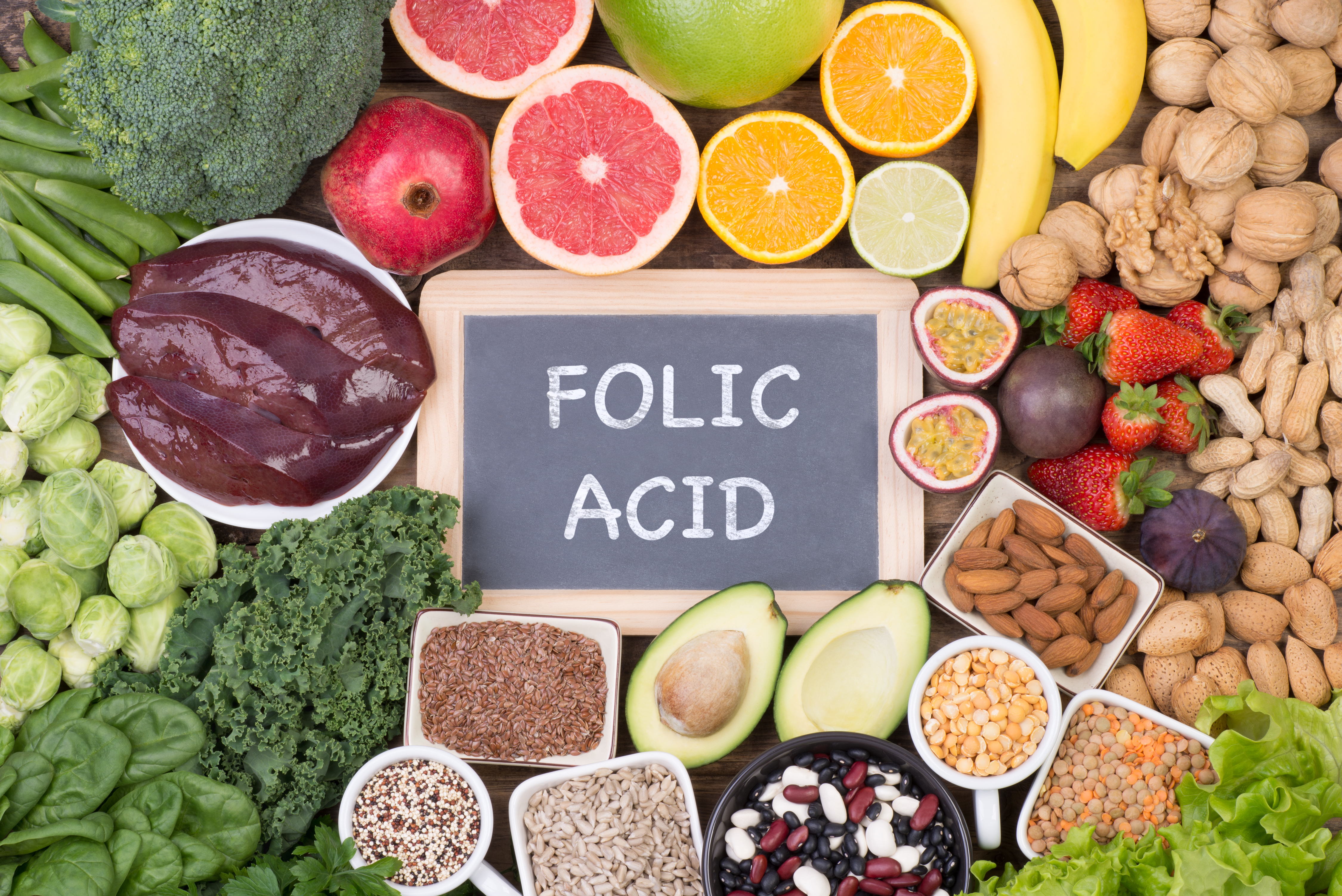2024-09-26
Folate intake and the risk of endometrial cancer: a dose-response meta-analysis
Urology-nephrology Oncology
Source(s) :
Long J ; Wang D ; Yang M ; Pang Y ; Li M ; Qin S ; Cui K ;

Last press reviews
Alzheimer’s disease & alcohol: a toxic duo for the brain?

By Ana Espino | Published on January 12, 2026 | 3 min read<br>
Cross-addictions: when drugs and alcohol reinforce each other

By Ana Espino | Published on January 8, 2026 | 3 min read<br>
Cancer vaccines: a revolution underway?

By Ana Espino | Published on January 7, 2026 | 3 min read<br>